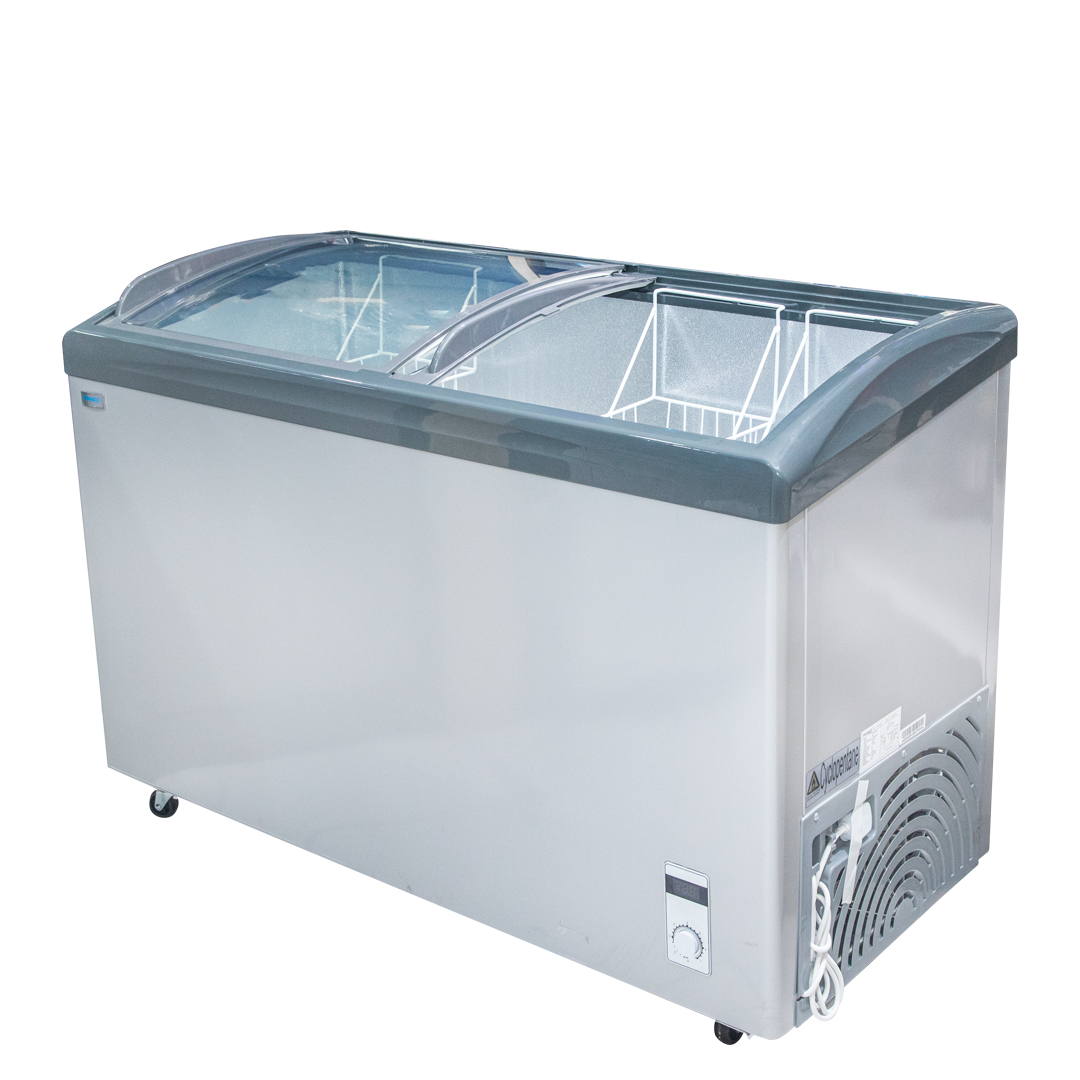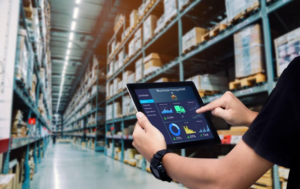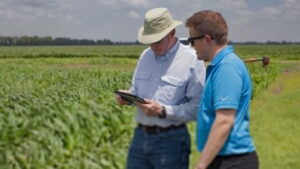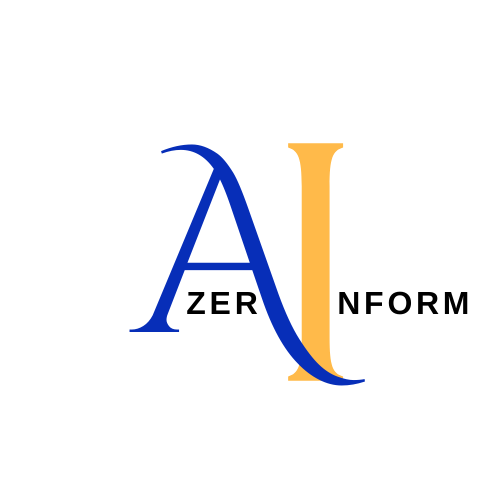Modern agriculture is rapidly embracing technology to enhance productivity and sustainability. One of the most significant advancements in recent years is the rise of farm management software, which enables farmers to monitor operations, streamline processes, and make data-driven decisions. However, with a wide range of platforms on the market, selecting the most suitable one can be overwhelming. This article explores the key features that define top-tier solutions and offers a comparison of the best types of software available today.
User-Friendly Interfaces and Accessibility
One of the most critical elements to consider is how easy the software is to navigate. Farmers often work in dynamic environments, so an intuitive interface that can be accessed via mobile devices is a necessity. The best software solutions ensure that even users with limited technical expertise can easily input data, view insights, and manage tasks on the go.
Comprehensive Crop and Livestock Tracking
A good farm management platform should provide robust tools for tracking both crop cycles and livestock health. This includes planting schedules, fertiliser usage, pest control, breeding records, and veterinary histories. The ability to store and analyse this data in one place allows for more strategic decisions and better long-term planning.
Integrated Financial and Resource Management
Managing finances is just as important as managing crops or livestock. High-quality software will include features such as expense tracking, budget planning, and yield forecasting. Integration with resource management tools also ensures that farmers can monitor input costs and optimise resource use without overspending.
Compliance and Reporting Tools
With increasing regulatory demands, farmers need to maintain accurate and detailed records. The leading platforms come equipped with built-in reporting tools that support compliance with environmental and safety regulations. These features save time and reduce the risk of non-compliance penalties.
Scalability and Customisation
No two farms are exactly alike, so flexibility is key. The best farm management systems offer scalable solutions that can grow with your business. Whether you’re managing a small organic farm or a large-scale commercial operation, look for software that allows customisation to suit your unique workflow and goals.
Cloud-Based Storage and Offline Capability
While many systems offer cloud storage for real-time syncing, offline capability is also essential for remote locations. Farmers benefit from being able to log information in the field and have it sync later when internet access is available. Some platforms even pair with farm record-keeping and farm inventory management software to ensure seamless data management across devices.
Choosing the right farm management software can dramatically improve efficiency and profitability. By evaluating usability, tracking features, financial tools, and scalability, farmers can find a solution that aligns with their operations and supports smarter, more sustainable farming.

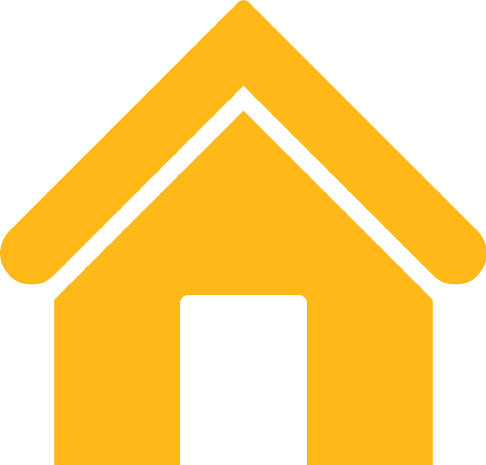 Home
Home


